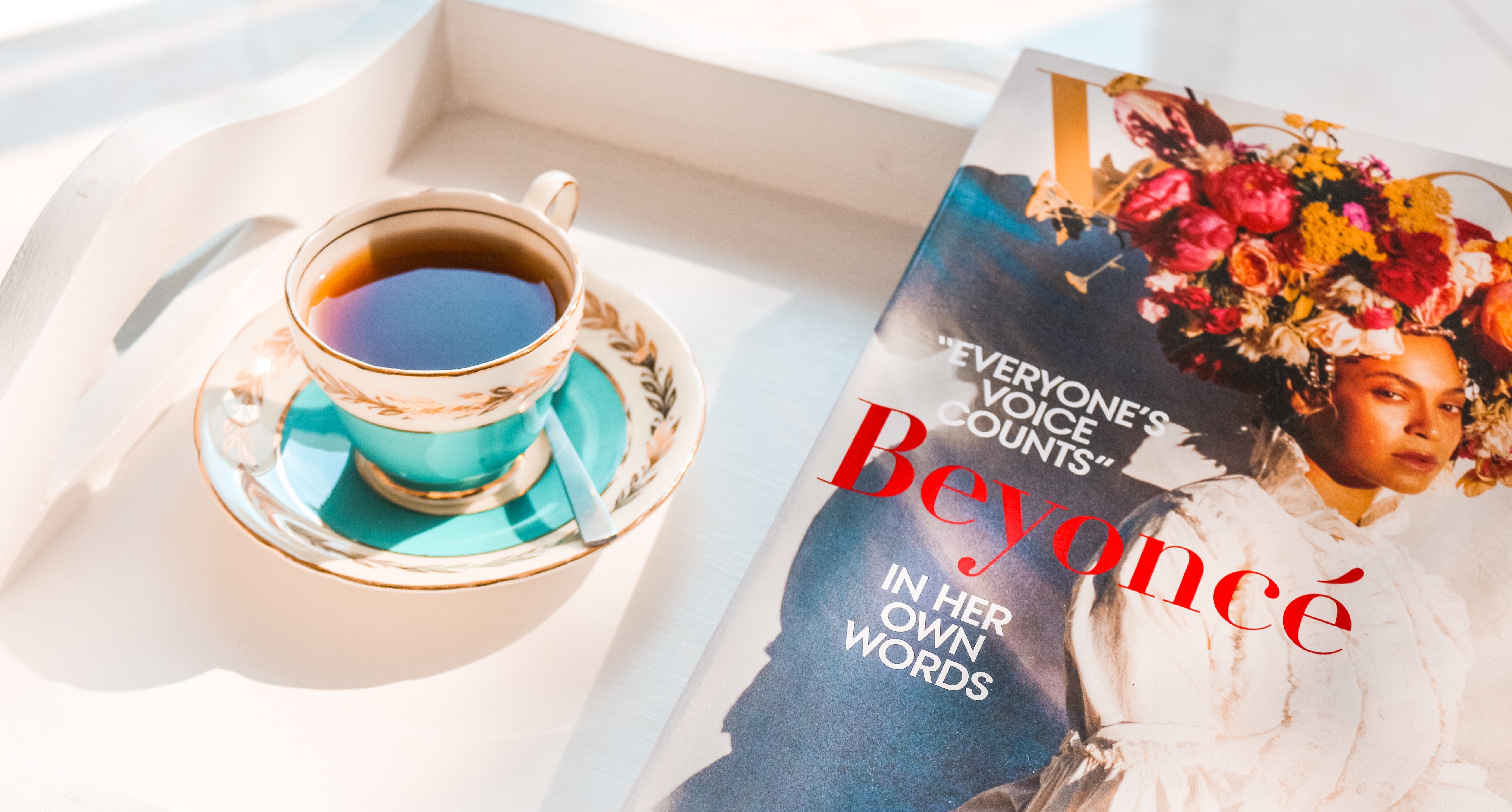
Okay ladies, now let’s get in formation.
Ring the alarm, grab your yellow dress and baseball bat, turn your shoulders sideways and smack it, smack it in the air, tell the driver to roll up the partition please, get to the money and make everybody mad, because this is not a drill: Valdosta State University students can now study Beyoncé’s music for academic credit.
The course, AFAM 3600 E: Black Women in Modern America, kicked off this semester and is taking a deep dive into Bey’s groundbreaking sixth studio and visual album “Lemonade.”
The 2016 album captured the pain and triumph of the Black female experience to great critical acclaim using stunning visuals, compelling music and spoken word, powerful storytelling, and rich iconography. The work ignited widespread discourse on race, class, and gender, and this VSU course is continuing that conversation by unpacking the many themes found in “Lemonade,” including Black identity, feminism, marital infidelity, sisterhood, and faith. (And yes, the “Becky with the good hair” line is a main talking point too, along with other ways Black women are portrayed in mainstream culture.)
The album will serve as a jumping off point to explore such issues through the eyes of numerous other writers, artists, poets, and scholars as the course unfolds. The course was inspired by the “Lemonade Syllabus,” a robust list of resources compiled by writer Candice Marie Benbow that help to unpack all of the themes that permeate “Lemonade.”
“Beyoncé is very intentional,” said Professor Caterina Orr, who is teaching the course. “We think it’s good music, and it is. But she’s very intentional in the things that she says.
“What I like about her is she’s real. She tells the truth; she tells the good, and she tells the bad. What may be surprising is that I bring up the bad. I do explore all of those deep and dark things that we do not want to show but that are present.”
Orr is also challenging her class to deconstruct and examine “Lemonade” in new ways by introducing material from renowned feminist and African-American scholar Bell Hooks that criticizes parts of the album. Offering different viewpoints in this vast area of intersectionality, and then parsing them out, will leave students with a stronger, more developed understanding of the issues, Orr said.
“You cannot be empowered by yourself,” Orr said. “It’s impossible. There has to be someone that you can lean on, that you can talk to, that will hold you up. For me, that is going to be the basis of this course.”
Takyra Hadley, a senior middle grades education major from Moultrie, Georgia, and a student in the course, said Beyoncé is someone she has always been able to identify with.
“Aside from just being an amazing songstress and songwriter, she represents us so well, and when I say us, I mean the Twitter and Instagram age, the young girls,” Hadley said. “The thing about Beyoncé is that she covers everything. There’s nothing that she left out. She covered the breakup. She covered being happy. She covered being a single lady. She covered it all — ‘Me, Myself and I,’ ‘If I Were a Boy,’ ‘Best Thing I Never Had,’ ‘Sorry.’ Everything that I can think of that I would go through, she covered it.”
Needless to say, this course gonna slay. (Hey)
___________________________________________________________
Learn more about Valdosta State’s minor in African American Studies today!